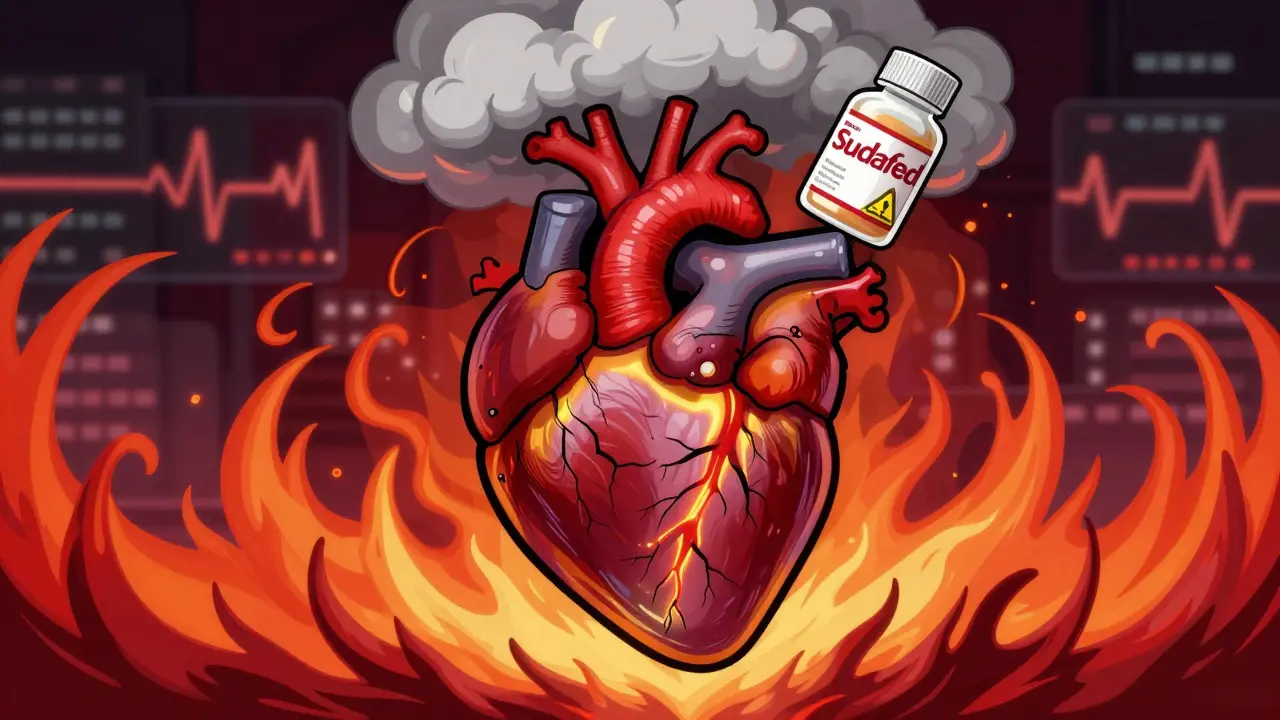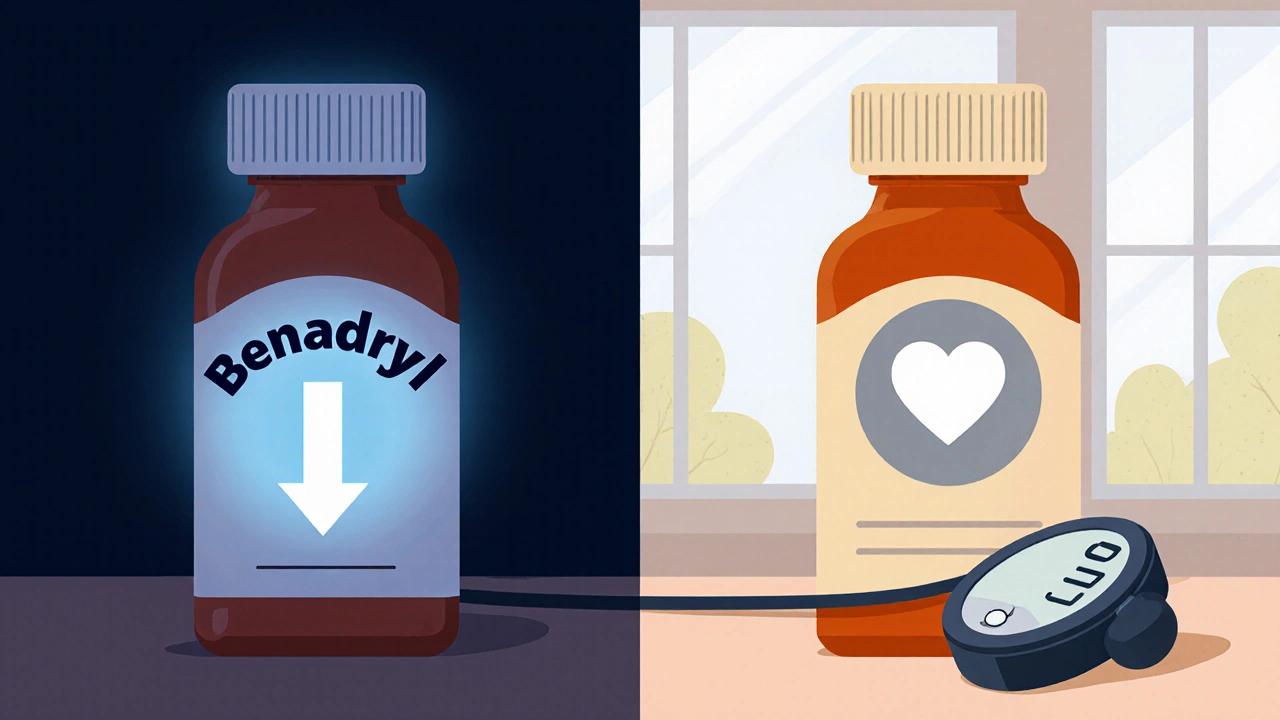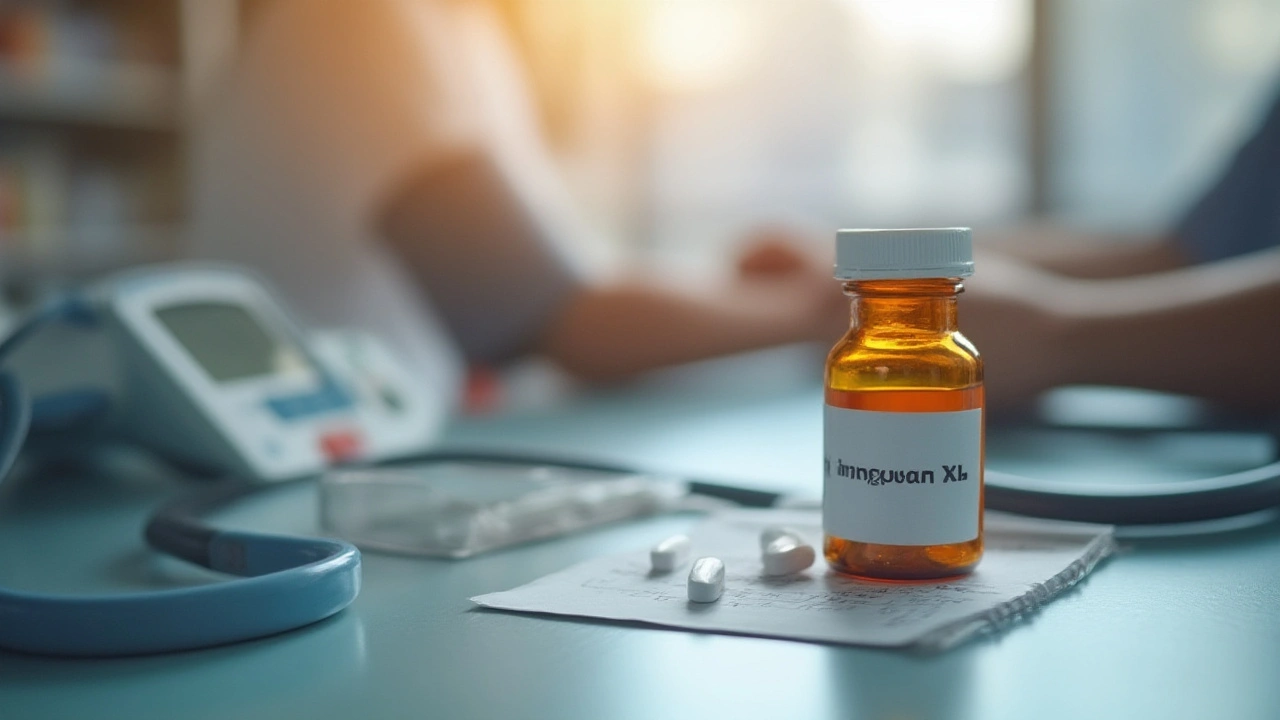Blood pressure is the force of your blood pushing against artery walls. It’s measured with two numbers: systolic (the top) and diastolic (the bottom). A reading like 120/80 mmHg is considered normal for most adults. Anything consistently above that could mean hypertension, which raises the risk of heart attacks and strokes.
Most people feel fine even when their pressure is high, so checking regularly is the only way to know. Home monitors are cheap and easy to use—just wrap the cuff around your upper arm, sit still, and press start. Record the numbers, note the time, and look for patterns. If you see a steady rise above 130/80, it’s time to talk to a doctor.
You don’t need a prescription to improve your numbers. Cutting back on salty foods, adding more fruits and veggies, and staying active can drop systolic pressure by several points. Aim for 150 minutes of moderate exercise each week—walking, cycling, or swimming work well. Managing stress with deep breathing, short walks, or a hobby also helps because tension spikes your heart rate and pressure.
Weight matters too. Even a few pounds lost can lower both systolic and diastolic readings. If you smoke, quit. Nicotine narrows blood vessels, making your heart work harder. Limit alcohol to one drink a day for women and two for men; excess booze can raise pressure over time.
If you’ve been diagnosed with hypertension, your doctor may suggest medication. Common options include ACE inhibitors, beta‑blockers, and diuretics. Take them exactly as prescribed and keep a log of side effects. Never stop a drug abruptly without checking with your clinician, because sudden changes can cause spikes.
Keep an eye on other health markers. High cholesterol, diabetes, and kidney issues often go hand‑in‑hand with high blood pressure. Managing those conditions supports overall cardiovascular health and makes it easier to keep your pressure in check.
When should you seek urgent care? If you get a reading above 180/120 mmHg, feel chest pain, shortness of breath, or sudden severe headache, call emergency services right away. Those symptoms could signal a hypertensive crisis that needs immediate treatment.
In short, understanding your numbers, checking them regularly, and making simple lifestyle tweaks go a long way. Pair those habits with professional advice, and you’ll give your heart the best chance to stay strong.

Decongestants can raise blood pressure and trigger heart problems in people with heart disease or hypertension. Learn which ingredients to avoid, safer alternatives, and what to do if you've already taken one.
Read More
Antihistamines can affect blood pressure depending on the type. Second-generation options like loratadine and cetirizine are safe for most people with hypertension, while first-gen drugs and decongestant combos carry risks. Learn what to take - and what to avoid.
Read More
Curious about Innopran XL? Unpack how this medication manages blood pressure, calms anxiety, and helps prevent migraines. Learn how to use it safely.
Read More